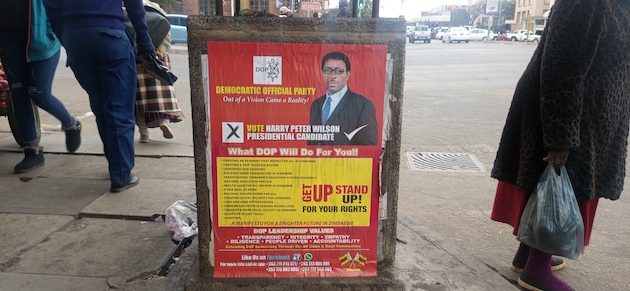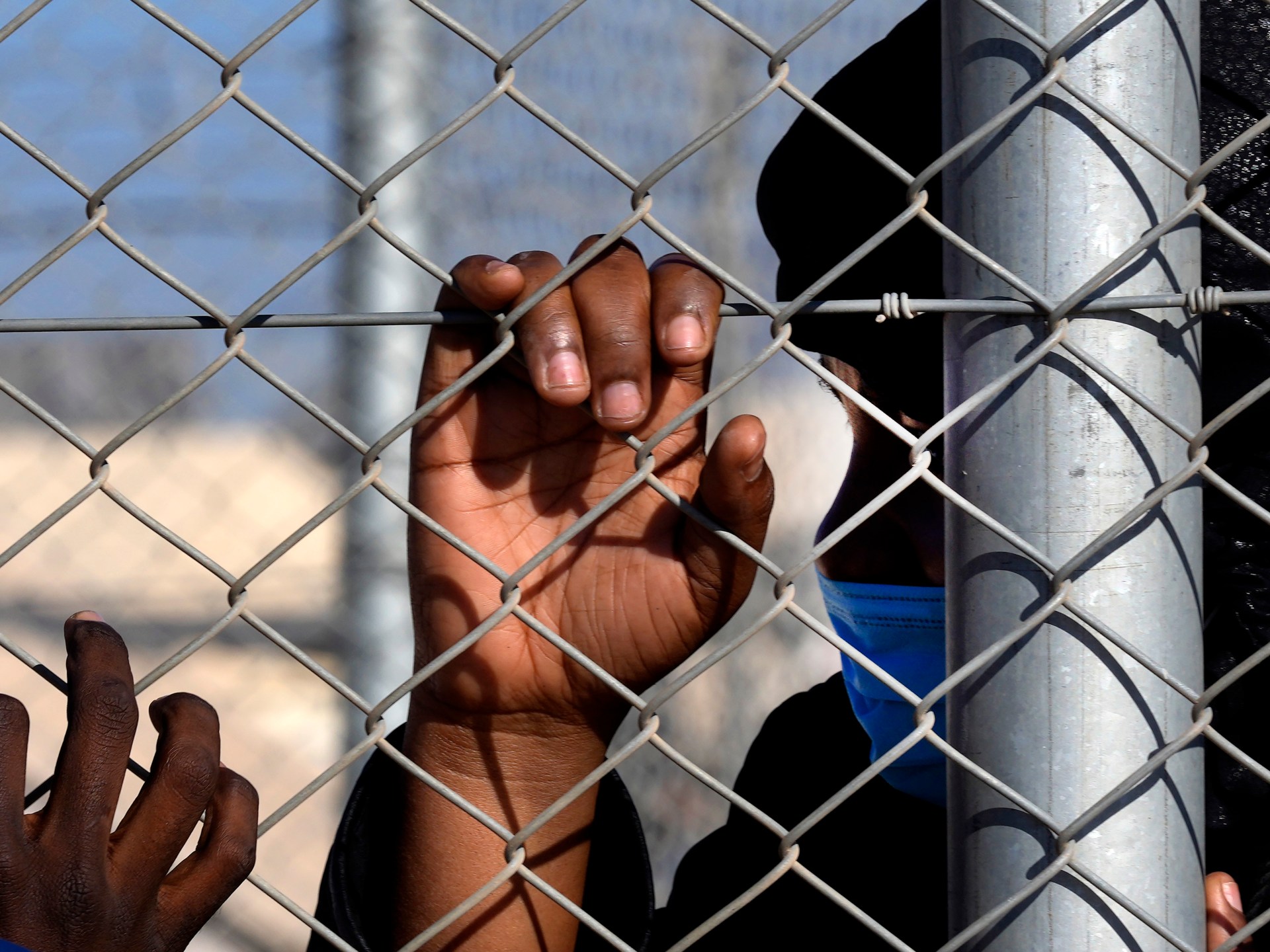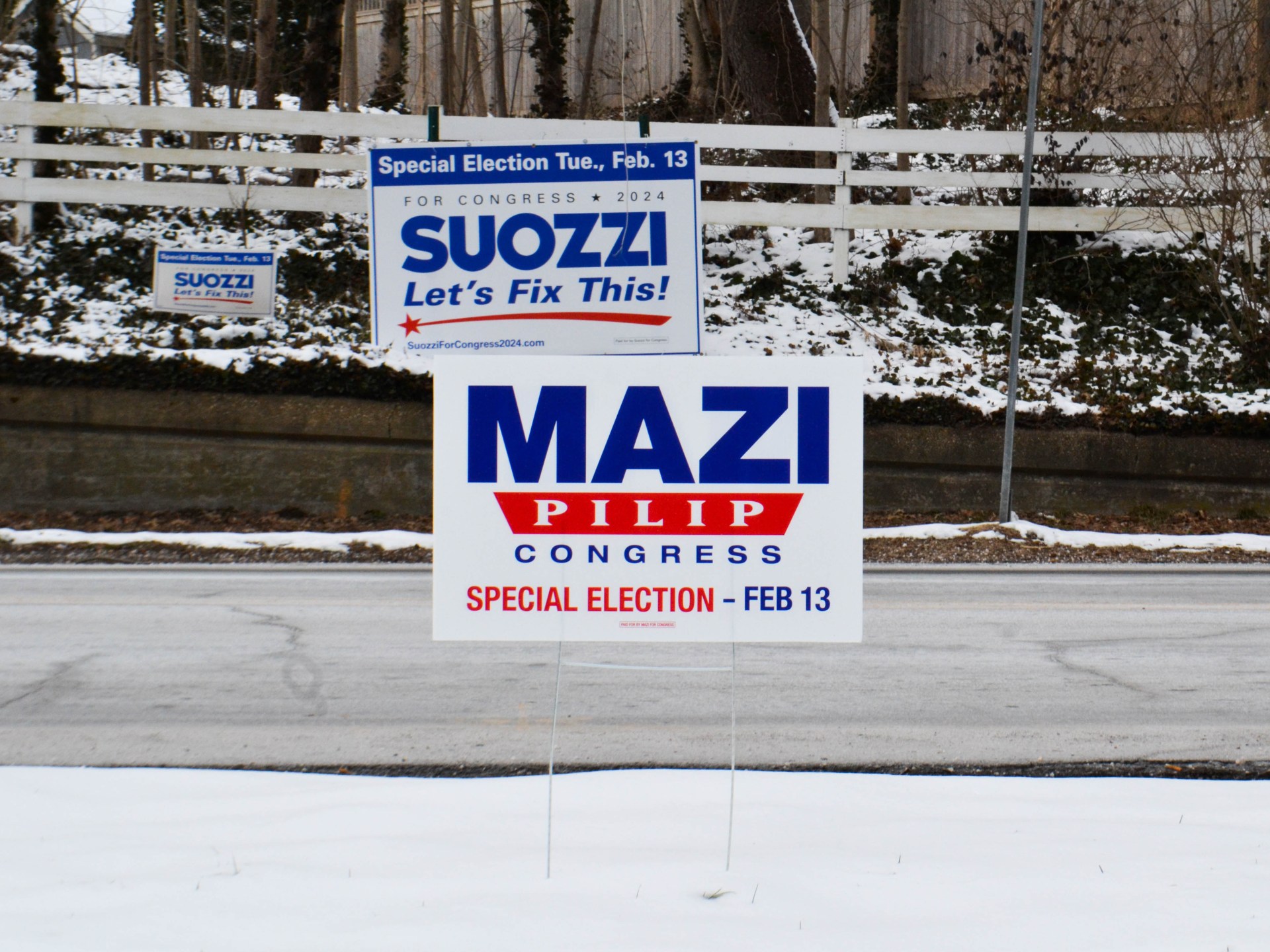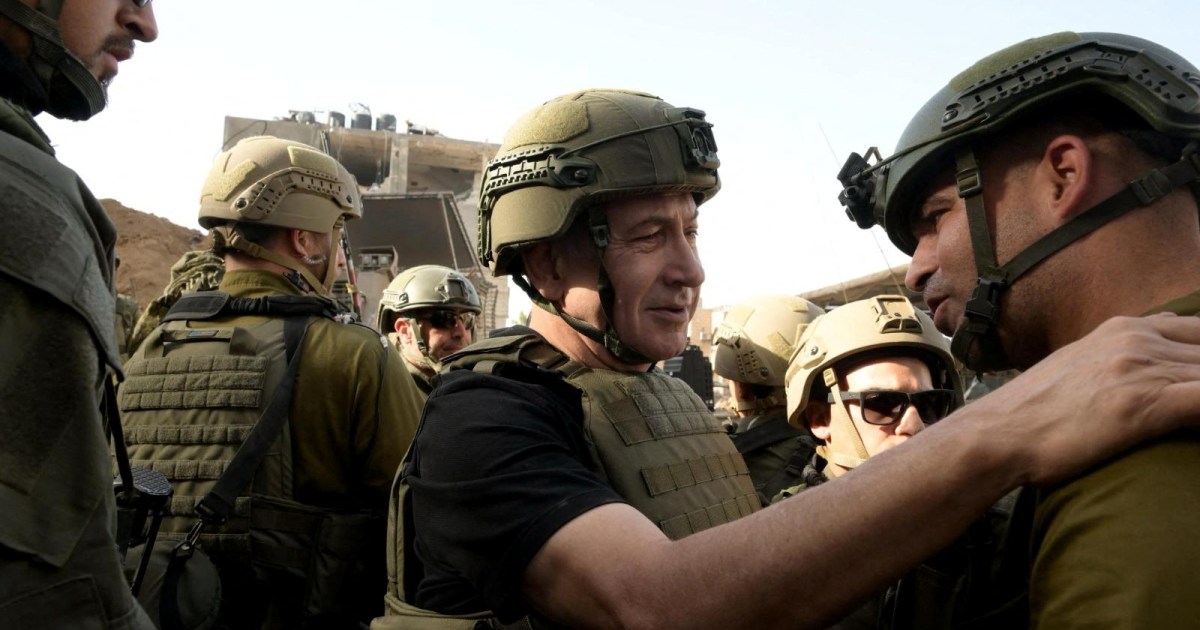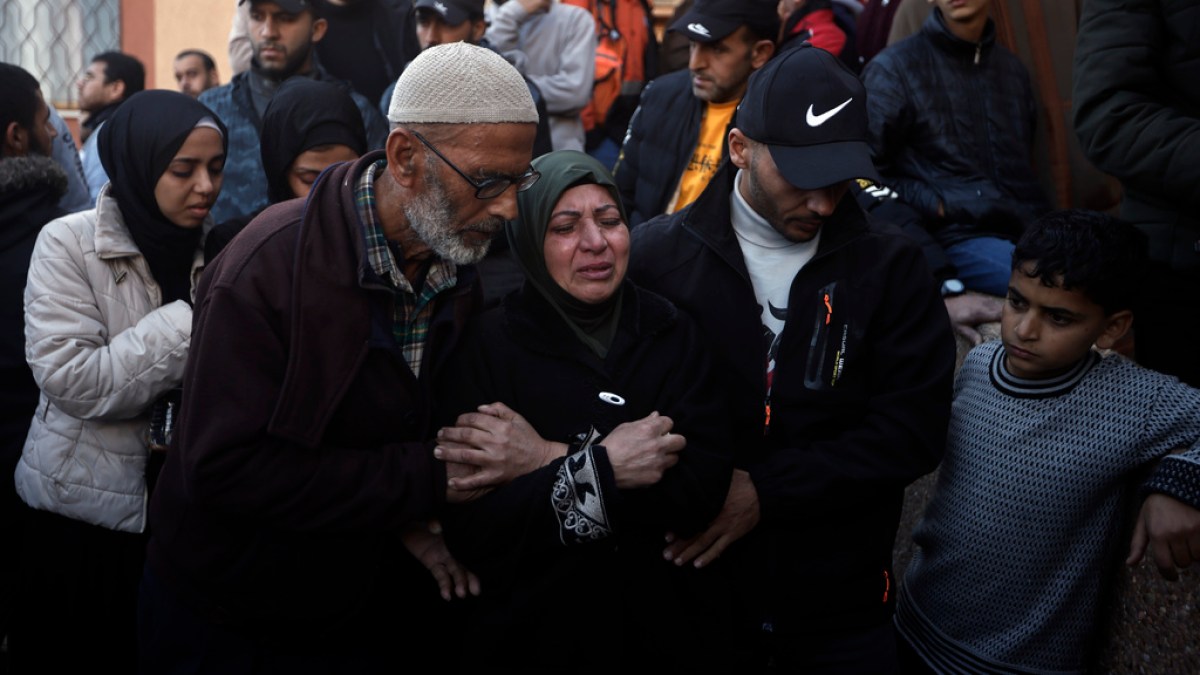Human Rights Concerns Ahead of Zimbabwe Polls — Global Issues
BULAWAYO, Jul 13 (IPS) – Zimbabwe holds general elections next month amid growing human rights and press freedom concerns in what analysts say could mar conditions for undisputed poll results.
Lawyers representing opposition political activists have not been spared assaults from police and suspected ruling Zimbabwe African National Union Patriotic Front (Zanu PF) party supporters as economic conditions worsen.
In January, Kudzayi Kadzere, a human rights lawyer, was beaten up by police and his arm broken after being dispatched to a local police station in the capital city, Harare, to represent arrested opposition political party supporters. The police accused him of being a “criminal nuisance.”
Early this month, the country’s security forces allegedly attacked Obey Shava, a human rights lawyer who has represented several opposition Citizens for Coalition for Change (CCC) officials and other human rights abuse victims. Unknown assailants broke his legs.
However, the country’s main political opposition led by Nelson Chamisa, the CCC, was quick to point fingers at ruling party activists and the country’s secret police for Shava’s attack. The CCC has routinely been tipped to win successive elections without success.
These incidents have been met with widespread condemnation on the eve of what is seen as crucial elections slated for 23 August, with the British parliament discussing and raising concerns early this month about what is seen as deteriorating human rights conditions in Zimbabwe ahead of the polls.
“What we are seeing in this election cycle is lawfare or the weaponisation of the law,” said Ringisai Chikohomero, a senior analyst at the Institute for Security Studies (ISS) in Pretoria, South Africa.
“This has led to a lot of prosecution and persecution, and what this has done is to create an atmosphere of fear that you can be locked up for a long time without actually going to trial,” Chikohomero told IPS.
These comments come when human rights organisations say almost a hundred political prisoners are incarcerated, with former opposition legislator Job Sikhala having spent more than a year behind bars and accused of obstruction of justice.
Amnesty International has condemned Sikhala’s long detention, with Flavia Mwangovya, Deputy Director for East and Southern Africa, Amnesty International saying in a May statement that “there is a worrying restriction of civic space underway in Zimbabwe with growing attempts to persecute anyone who dares to freely express themselves.”
The developments come amid escalating economic hardships, with President Emmerson Mnangagwa accusing the business sector of deliberately sabotaging the economy to stoke anti-government sentiment.
While Mnangagwa has used the campaign trail and radio jingles to denounce violence and appeal for peaceful elections, human rights defenders have questioned the continuing human rights abuses despite its condemnation from the highest office in the land.
“The challenge about the pre-election conditions is that can it be proven that there have been systematic human rights violations,” said Piers Pogue, senior analyst at the International Crisis Group.
“Though international observers from the EU are coming, it is quite clear that six weeks before elections doesn’t constitute long-term observation,” Pogue told IPS.
Already, police have banned or placed stringent conditions for opposition political rallies, such as outlawing the chanting of slogans, further setting the stage for possible confrontations and running battles with party supporters as has happened in past elections.
However, analysts say there is a need for the country to move from continued disputed poll outcomes, and one of the recommendations is to have long-term observer teams from such groups as the African Union and the Southern African Development Community (SADC).
“Ideally, the AU and SADC should have deployed longer-term observer teams. We have seen in the past that only long-term missions manage to get to grips with election conditions. Differences between long and short-term observer missions expose the contradictions of how electoral conditions are assessed,” Pigou said.
Zimbabwe’s elections have for years hogged regional and international headlines after successive controversial victories by the founding Zanu (PF) party amid decades-old worsening economic conditions; with eleven presidential candidates in next month’s general election, the stage could be set for yet another contentious poll outcome.
Meanwhile, as election day approaches, the Zimbabwe Catholic Bishops Conference has added its voice to concerns about the pre-election conditions, appealing to voters to exercise their democratic right to vote.
“Do not be intimidated, coerced or manipulated to vote against your will. Please refuse to be used in violent attacks against your fellow brothers and sisters,” the Catholic bishops said on 9 July.
The clerics also appealed to the country’s security services, long accused of doing the ruling party’s bidding, to maintain law and order without taking sides.
“To members of the security sector, we appeal to you to work to maintain peace and justice and let all the perpetrators of political violence be held accountable,” the bishops said.
IPS UN Bureau Report
Follow @IPSNewsUNBureau
Follow IPS News UN Bureau on Instagram
© Inter Press Service (2023) — All Rights ReservedOriginal source: Inter Press Service
Check out our Latest News and Follow us at Facebook
Original Source

